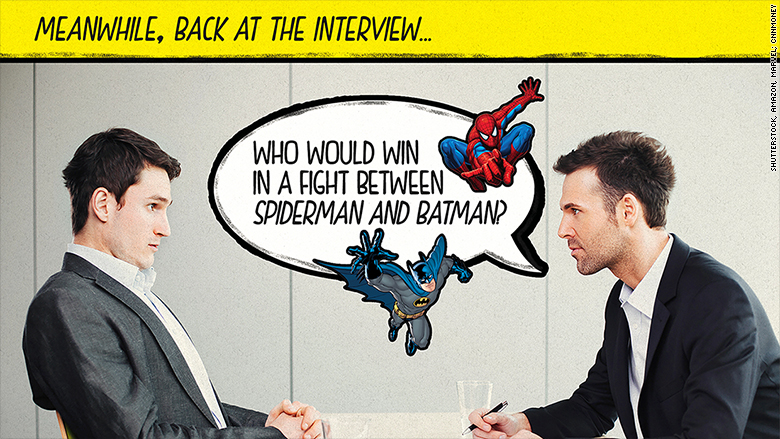Every recruiter advises their candidates: To get the job, start thinking as a recruiter. But according to a recent survey in the Wall Street Journal indicates that many recruiters have to face the difficulty in finding qualified professional for their job vacancies. Is that because of lacking talents or themselves? By taking the time to figure out the reason as in candidate’s point of view and try to think differently, you will easily overtake this hard stage.
1. Start with the realistic expectations
No one likes living with waiting feeling, to be honest. If you need more detail information to make a decision to hire or not, say so. Is the candidate an outlier whom you hope the hiring manager will find interesting? Then let her know that even if her CV doesn't necessarily suitable the vacancy, at least she has an interesting experience. Candidates get lectured endlessly on the importance of coming to the interviews with a professional preparation— All the facts you provide will help them a lot. And don't build up a candidate's expectation unless you think the hiring manager will actually want to interview them.
2. The value of software in recruiting

If you work as a recruiter, I think you may know ATS software - a program to search for keywords that match your job description by seeking yes/no answers to questions that require nuance.
Undoubtedly, ATS software actually has brought so much help in recruiting through clarifying a long list of applicants. However, if you trust it too much and ignore your gut, many potential candidates might fail. When a good option based on a good cultural fit is often more important than a 100 percent match on skills. Not to mention it can't identify the outliers.
Data is only a support tool for human decision making, not the one who decides. So when human resources rely on ATS models to entirely predict which resumes represent the best candidates, we are looking in the wrong direction for help.
3. Great candidates sometimes have the bad resumes and vice versa.

Through the long-time of experience, we’ve learned that some great resumes you find in a pile of CV are hiding a hollow, ineffective candidate underneath. You know, when they are not good at working, they have to pretend to great at looking for work. Recruiters are necessarily prepared for yourself to kiss a lot of frogs (which means talking to some boring resumes, not literally) to find a prince. But do not much recruiters see this importance and willing or able to invest their time on that. This limited perspective is one of the main reasons you still can’t find the talent to your team or known as “skill blindness”—overlooking a candidate’s obvious flaws, and focusing only on their skills.
4. Stop asking “Weird” questions

Every hiring manager has their own favorite questions for candidates, but let's face it: some of them somehow are quite silly and nonsense. For instance “If you were an animal, which one would you be?" I'm still not sure how the answer could reveal anything about a candidate as a cultural fit or creative person. Be the most powerful person in that room, you have the right to ask some fun questions, but the point of an interview, however, still is to get to know how a candidate conducts themselves in difficult situations, not silly icebreakers.












Replies to This Discussion